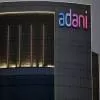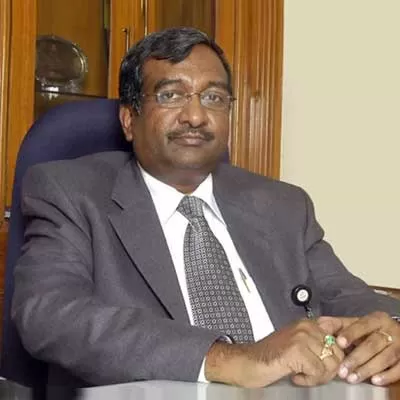
We aim to support Hyderabad’s environmental transformation
Read full article
CW Gold Benefits
- Weekly Industry Updates
- Industry Feature Stories
- Premium Newsletter Access
- Building Material Prices (weekly) + trends/analysis
- Best Stories from our sister publications - Indian Cement Review, Equipment India, Infrastructure Today
- Sector focused Research Reports
- Sector Wise Updates (infrastructure, cement, equipment & construction) + trend analysis
- Exclusive text & video interviews
- Digital Delivery
- Financial Data for publically listed companies + Analysis
- Preconceptual Projects in the pipeline PAN India
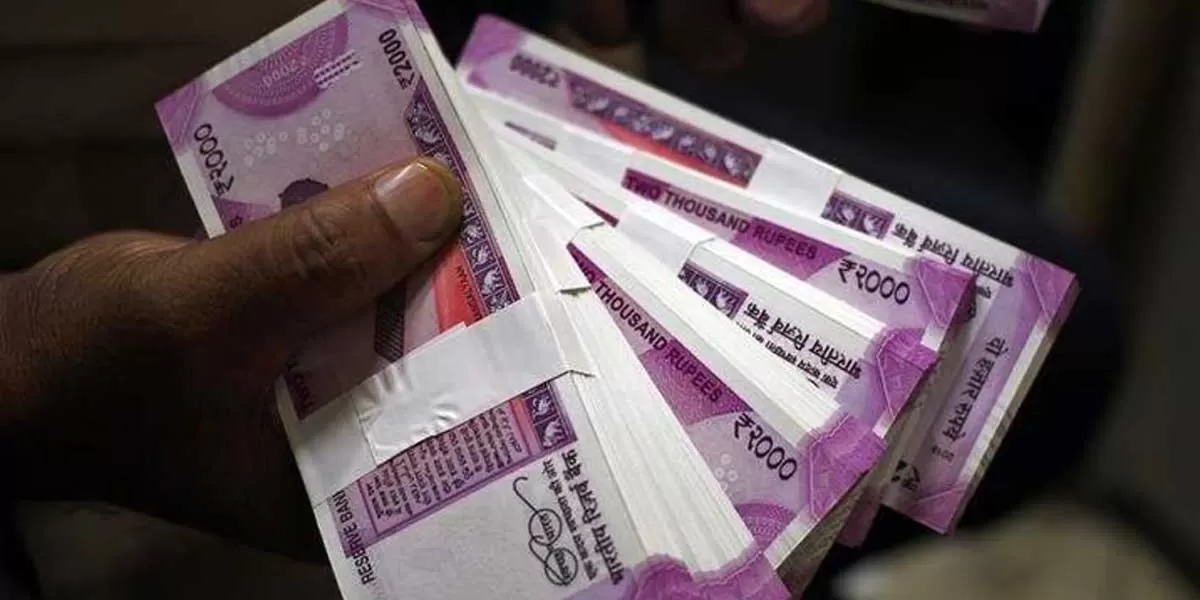
Telangana Gets Rs126.7B HUDCO Loans
Since December 2023, when the Congress government assumed office, the state has secured loans worth Rs 126.7 billion from the Housing and Urban Development Corporation (HUDCO) to fund 12 critical infrastructure and housing projects. Major Allocations: Rs 30 billion for the Indiramma Housing Scheme to construct affordable housing. Rs 27 billion for acquiring land for the northern stretch of the Regional Ring Road (RRR) in Hyderabad. Rs 22.24 billion for Phase 2 of the Godavari water supply project and rejuvenation of Osmansagar and Himayatsagar reservoirs. Focus on Low-Interest Loans: The ..
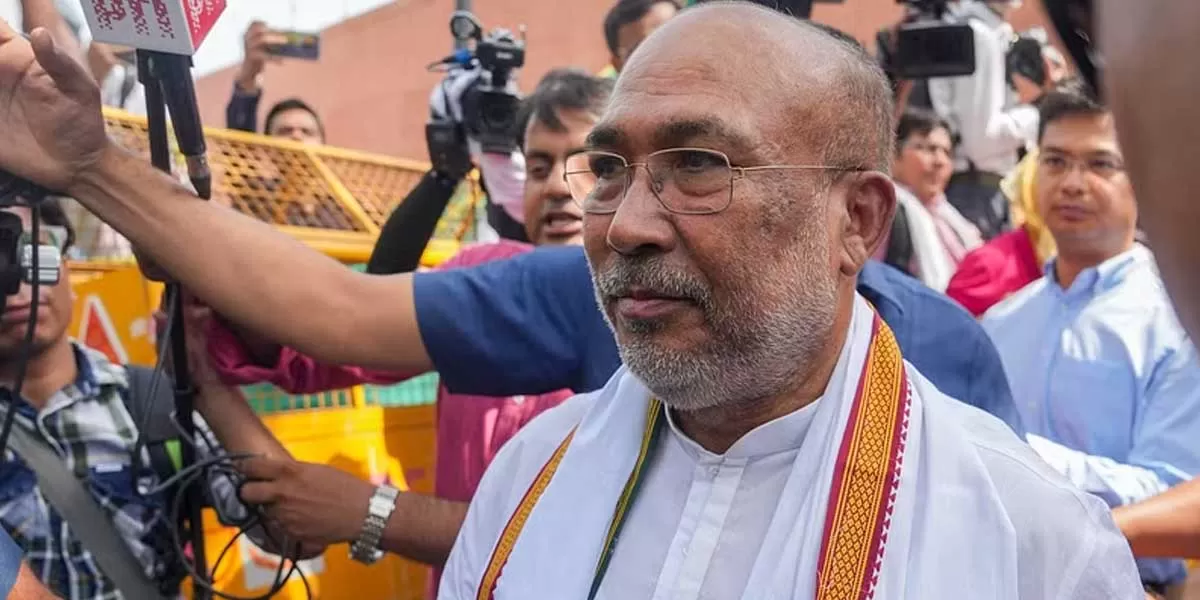
Manipur Moves Forward: 24 Projects, 18 Foundations
Tamenglong district in Manipur witnessed a significant stride toward rebuilding and normalcy as Chief Minister N Biren Singh inaugurated 24 infrastructure projects and laid the foundation stone for 18 others, with a combined investment of ?3.5 billion. The move comes amidst ongoing efforts to heal the state following nearly 20 months of ethnic unrest. The projects include a Bailey Suspension Bridge spanning 360 feet over the Barak River along the Tamenglong Tousem-Haflong road, a District Early Intervention Centre at the local hospital, and various water supply schemes. Foundations were laid ..
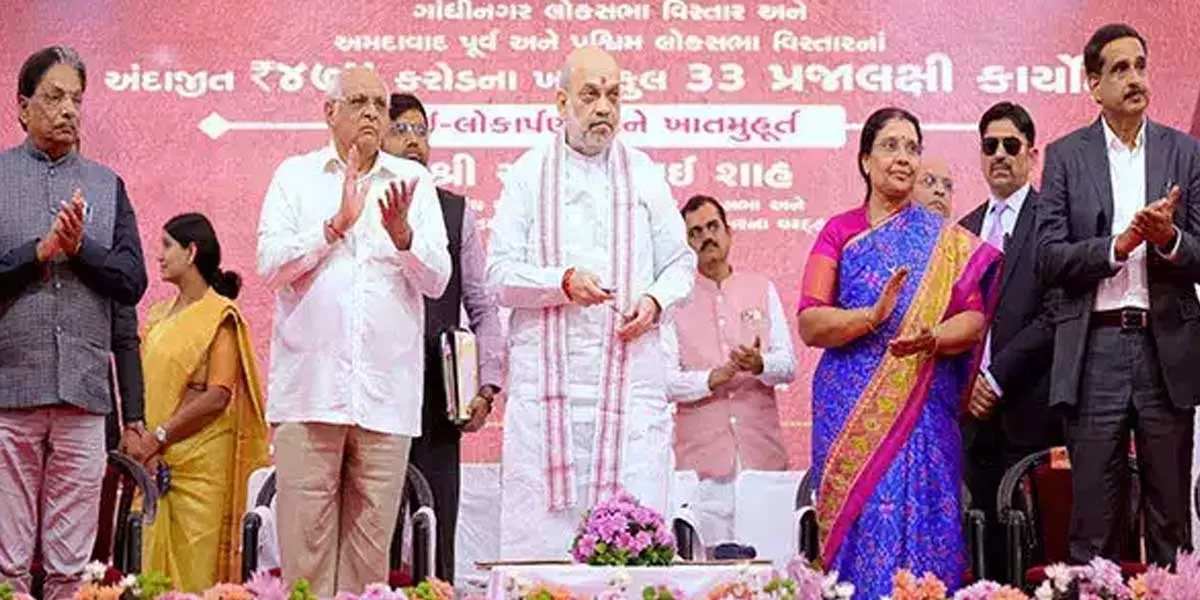
Amit Shah Inaugurates Projects Worth Rs 6.51 Billion in Ahmedabad
Union Home Minister Amit Shah inaugurated and laid the foundation for 37 public welfare projects totaling Rs 6.51 billion in Ahmedabad. The projects span Ahmedabad East, Ahmedabad West, and Gandhinagar constituencies, marking a significant push towards urban development and heritage conservation. The event, graced by Gujarat Chief Minister Bhupendra Patel and other state leaders, saw the inauguration of 10 projects worth Rs 950 million and the foundation laying of 27 projects amounting to Rs 5.56 billion. Key initiatives included the D-Cabin LC 241 underpass, Chenpur LC2 underpass, and severa..








